The insulating of homes and buildings has been a primary source of income for many spray foam contractors. The tremendous versatility of sprayed in place rigid polyurethane foam opens numerous opportunities owning a spray foam business for use in other areas other than new homes and buildings.
The ability of spray foams to provide superior insulation properties is not the only feature of the product. The cured foam adds structural strength; it is an effective sealer of cracks and holes, has good floatation and sound dampening characteristics, provides vapor drive reduction, expands into hard to fill areas, the application is fast, reduces the effects of thermal shock, bonds between various construction materials and does not lose the physical properties or insulation capability over time.
The ability of the contractors to take their mobile spray rigs to a job site and spray easily to irregular surfaces or odd shaped objects is a tremendous advantage of spray-in-place polyurethane foam over all other conventional insulations systems.
The benefits of using rigid urethane to insulate have been tested many times. With published fuel savings ranging from 20% to 60% using urethane foam rather than “conventional” insulation in housing. The dollar savings during times of skyrocketing fuel cost and value to the end user are obvious.
Also significant is the fact that, because of these savings, owners of houses and industrial buildings have realized a complete return of their insulation investment in as few as five years. Both of these facts should be emphasized when discussing the merits of urethane insulation. Many facts of information can be found through the U.S. Department of Energy web site.
Aside from the use of spray foam on walls of houses, foam provides greater “thermal protection” in other ways. Basement and/or crawl space walls and ceilings, and attic floors are areas that require new or upgraded insulation. By insulating exposed heating/cooling ducts in unheated basements or crawl spaces, the efficiency of heating/cooling systems can be increased. Also, instead of using conventional roof systems for new and re-roofing, a properly applied foam roof system can provide significant energy savings for the building/home owner.
Industrial applications can also make profitable use of urethane foam insulation. Interior and exterior heating/cooling ductwork, exposed steam or water pipes, roof repair or renovation, and un-insulated warehouses are just a few of the many areas that are readily adaptable from old fashion roofing into sprayed urethane and coated systems.
Any construction that requires temperature and/or climate control can make good use of urethane. Cold storage rooms or warehouses, storage tanks for oils, gas or chemicals, and refrigerated truck/trailer bodies are a few examples. Prospective customers for these applications are meat packers, beer distributors, oil companies and suppliers, and custom truck/trailer builders. The agricultural industry should not be overlooked either. Barns, silos, storage houses and indoor climate controlled growing areas are some of the many potential uses for an insulator as efficient and as easily applied as spray urethane foam.
The closed cell characteristic of urethane offers great advantages to the maritime industry. The closed cell provides excellent floatability which is effectively used in boat hulls, marker buoys, barges, etc., both to meet safety standards and to extend the life of the product.
The aforementioned are just a few of the numerous applications for rigid sprayed-in-place polyurethane foams. The unlimited other uses are restricted only by one’s imagination. Remember the versatility and capabilities of spray foam in your endeavors for new uses of urethane and, we believe, numerous new applications will come to mind.

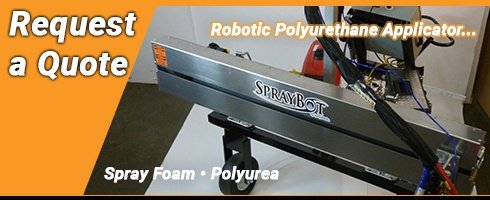
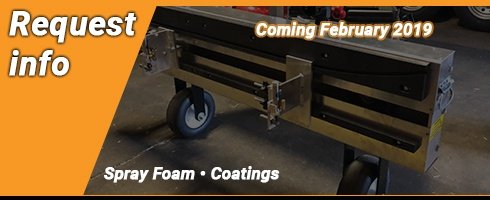
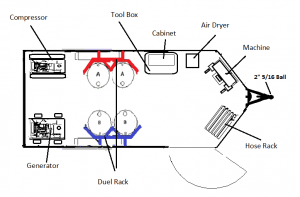
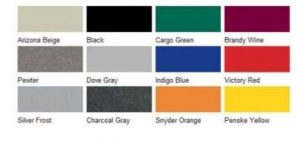

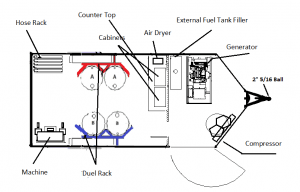
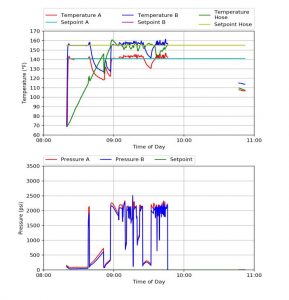
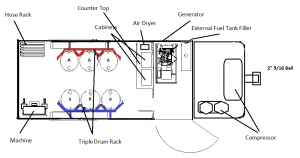
It works very well for me
Great post. I was checking continuously this blog and I’m impressed! Extremely helpful information particularly the last part 🙂 I care for such information much. I was seeking this particular information for a long time. Thank you and good luck.|
Glad to hear!